
TECHNOLOGY LINEAR SENSORS
Many applications require linear motion to be monitored for system control or to ensure safety. With lengths ranging from 1 m to 30m (3’ to 98’), LINARIX linear sensors are available in many configurations to meet an application’s requirements. Options include a wide variety of outputs (including analog, fieldbus and Ethernet variants), heavy duty housings and compact design.
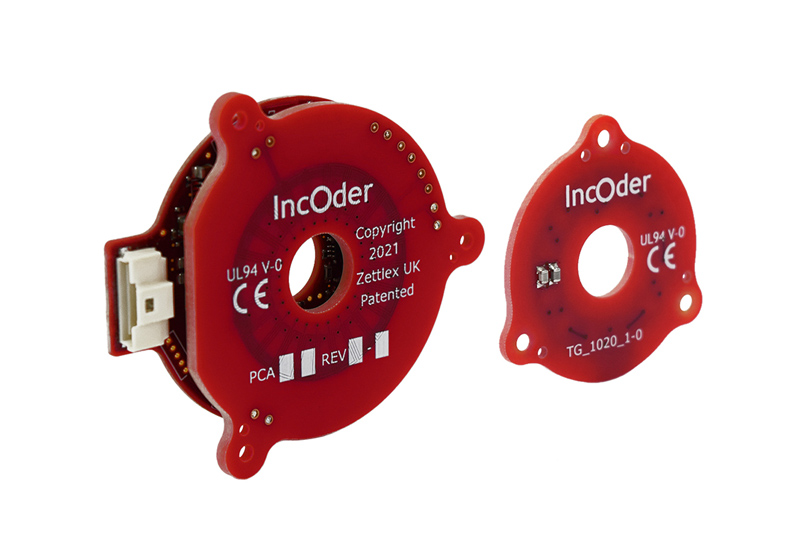
Compact, Lightweight, Inductive Ring Encoders
IncOder™ CORE is a robust miniature PCB-based inductive ring encoder designed for robotic joints. IncOder CORE is a non-contact, lightweight absolute rotary inductive encoder fully contained in a printed circuit board kit. The ergonomic hollow bore design is suited for integration into rotary actuators. The position sensor utilizes a unique field-proven inductive technique, delivering highly repeatable, […]
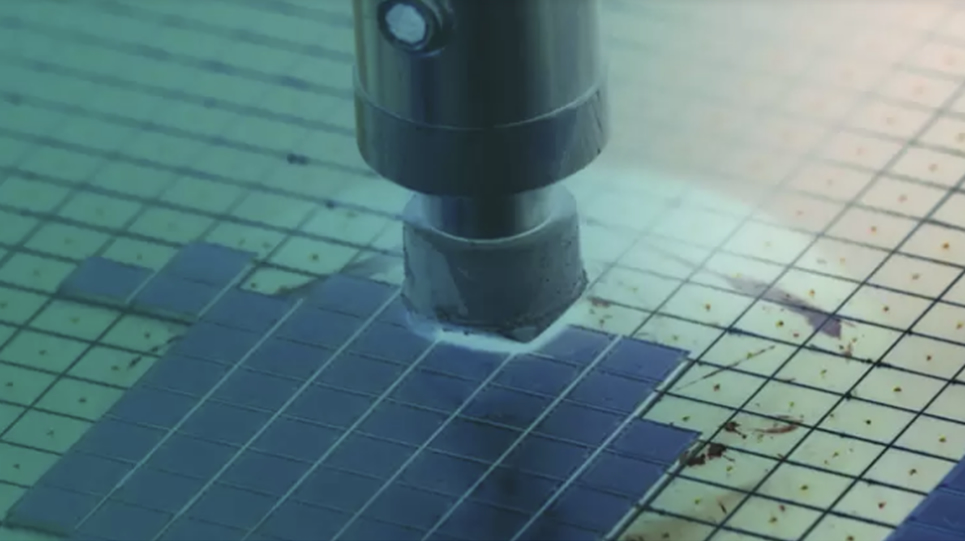
Chips, Chips & Chips
What semiconductors, snacking and gambling all have in common: Encoders!
There has been a lot of talk lately around the global ‘chip’ shortage. Even social media last month was filled with cartoons of engineers asking Santa for semiconductors for Christmas. Rotary encoders such as the DS-130 by Netzer Precision are an important part of this ‘chip’ production. Accuracies exceeding 0.004 degrees, 21 bit resolution and a 90mm ID ensure that component placement can be done accurately and consistently.

Torque Measurement with Angle Sensors
As collaborative robots expand into manufacturing environments the issue of safe motion continues to be a concern. Current design approaches involve adding force sensors, torque sensors, and sometimes proximity sensors. These adders along with more complex software control algorithms mitigate most of the concerns and result in slower operation. Unfortunately, these additional sensors also add significant cost and complexity.
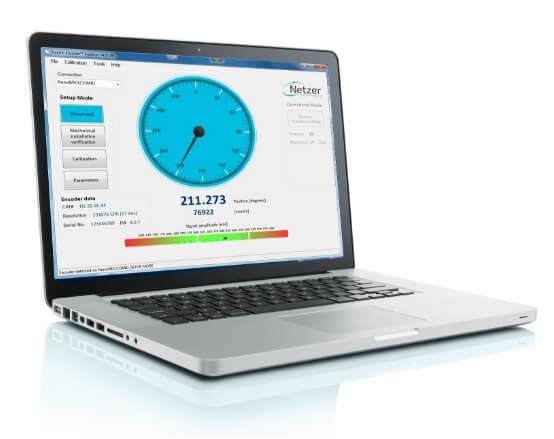
Netzer Electric Encoder Explorer Software
Get started with Netzer Electric Encoder Explorer Ready to learn how to get started with Netzer Electric Encoder Explorer? We can help! Take a look at this video where we walk you through the software and teach you the ins and outs of the Netzer Electric Encoder Explorer. Start with Signal Amplitude One of the […]

Redundant Encoder Options
While most modern rotary encoders rely on non-contact sensing technologies and have high MTBF specifications, in critical applications it is still common to have redundant sensors required. When selecting a solution, a number of different criteria need to be considered and fortunately different solutions exist, making the task less daunting. Redundancy One of the first […]
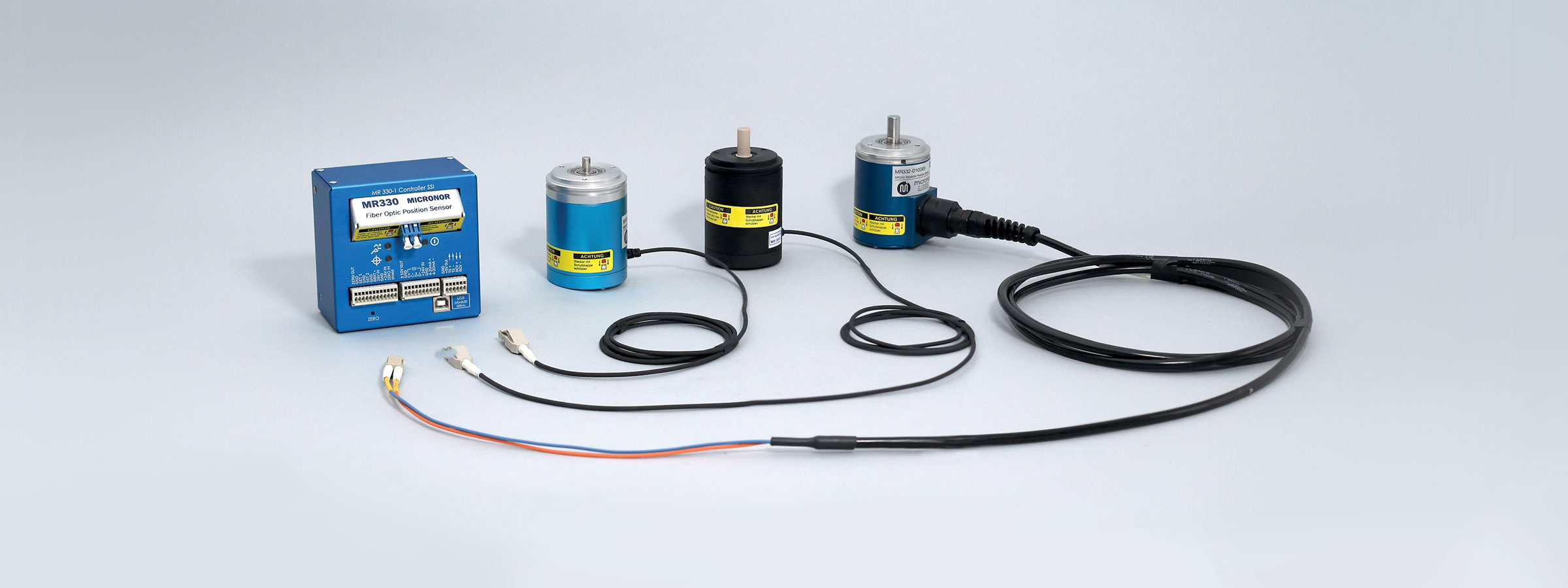
MR330 System Series
Micronor MR330 series is the only 100% Passive Fiber Optic Absolute Position Sensor System available on the market today. The innovative design is based on an all-optical passive sensor and remote interrogator module interconnected by an industry-standard multimode fiber optic link.

Academic Project
The University of Rochester Baja SAE Team using Opkon potentiometers donated by Everight Position to measure steering angle and suspension height. If your academic project looks like this: Awesome idea Enthusiastic classmates Cases of Red Bull and Mountain Dew Extremely limited financial budget Everight Position wants to help. We are actively looking for University Clubs […]
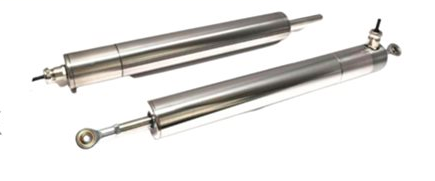
Submersible Linear Sensors
Positek’s portfolio includes a range of high-accuracy linear sensors specifically designed for use in submersible applications. Made from marine grade stainless steel and offering the reliability that is not possible from a submersible LVDT or linear potentiometer, our sensors have served a host of different industries such as wastewater and offshore oil drilling. Another use […]
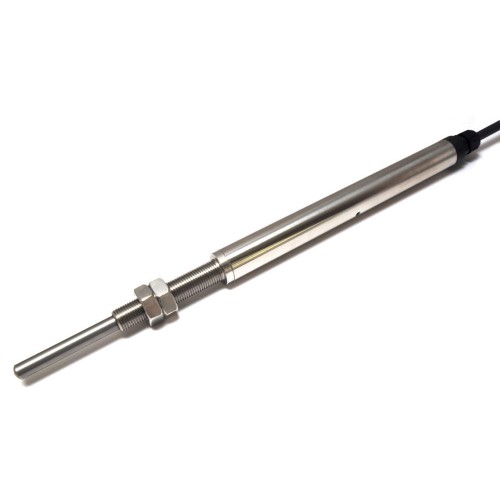
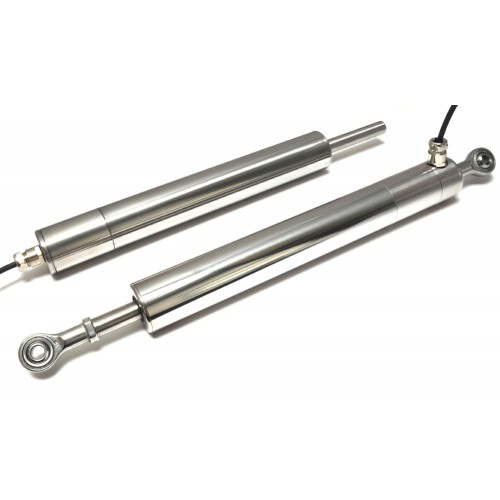
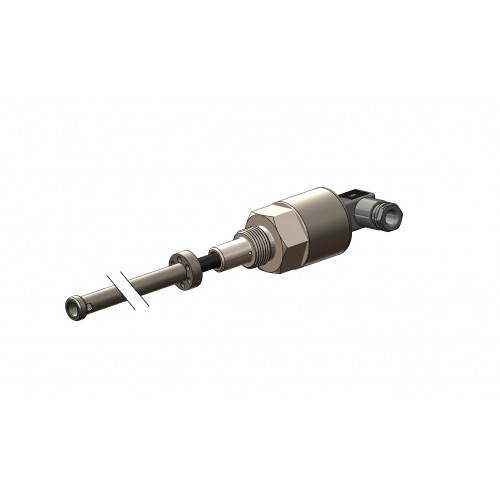
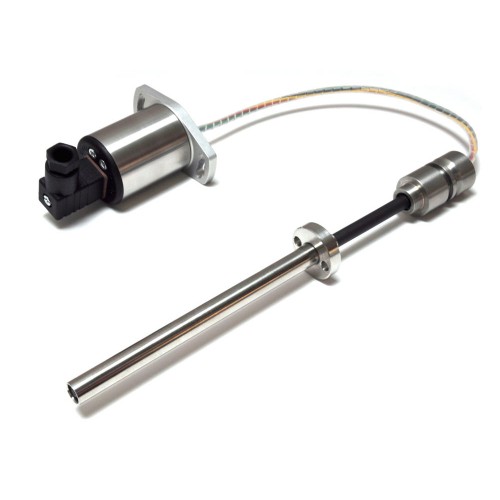
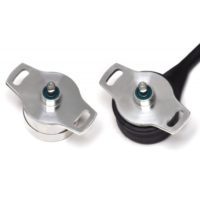











 856-727-9500
856-727-9500